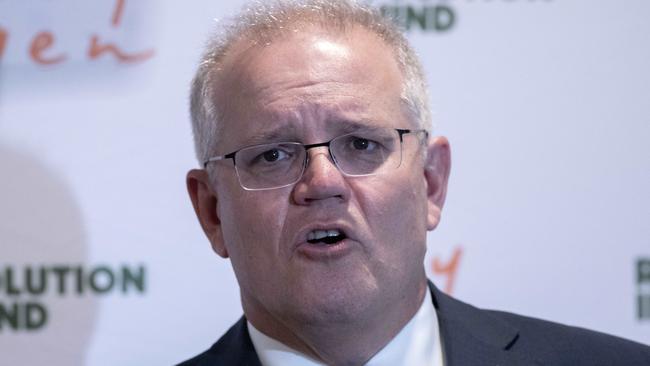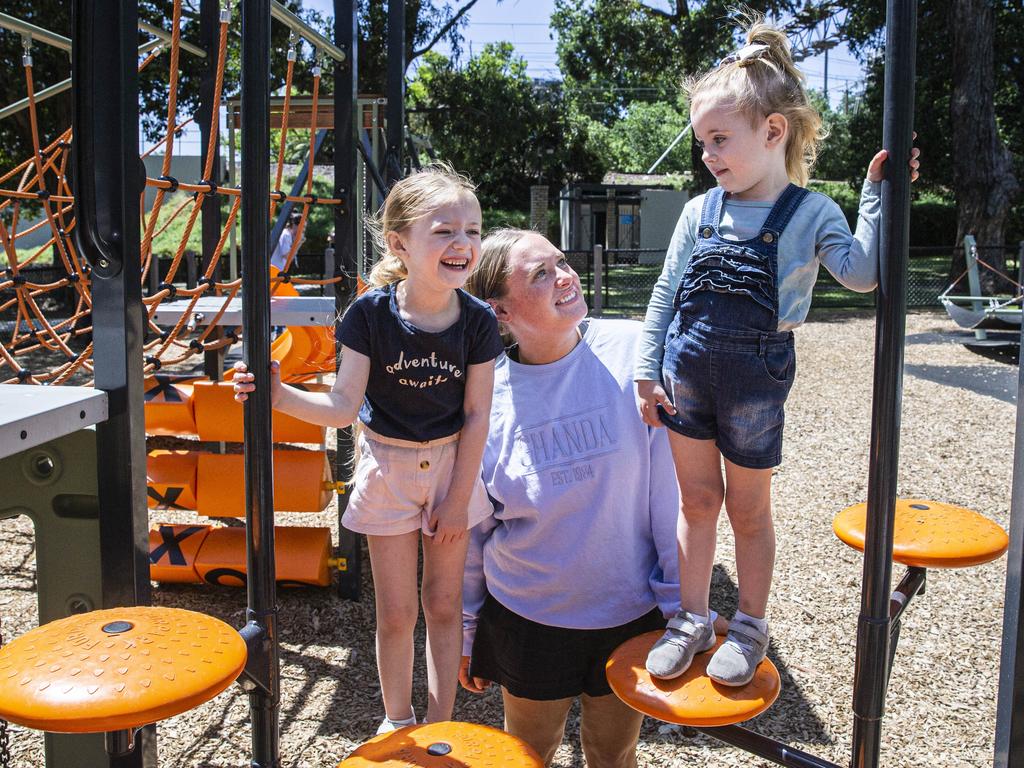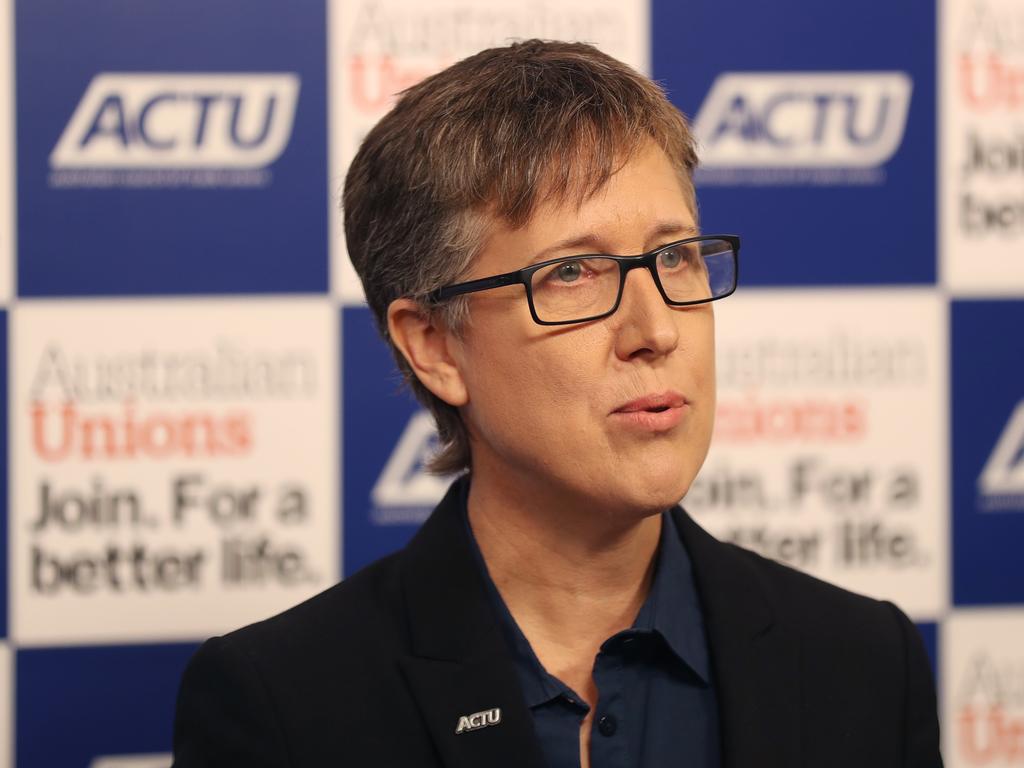Productivity Commission’s final report says toddlers should be screened for emotional distress
Australia’s mental health system is failing the ‘missing middle’ who don’t require hospital care.

Australia’s mental health system is failing the “missing middle” who don’t require hospital care and has a “narrow view of people seeking treatment and support”.
The Productivity Commission’s final report into the country’s mental health system, two years in the making, recommends toddlers should be screened for early signs of emotional distress and better support offered to schoolchildren dealing with psychological issues as part of a push for earlier intervention.
The commission says the system is “not comprehensive and fails to provide treatment and support that people who need it legitimately expect”. “The clinical care system has gaps, including, but not limited to, the so-called ‘missing middle’,” the report reads.
Forecasts by the commission puts the daily economic cost of unaddressed mental health issues at $600m, and attributes this partly to an under-investment in prevention and early intervention, “the result (of which) is that too many people live with mental ill-health for too long”.
Scott Morrison said there was “a sense in which the mental health system has been tacked on to the physical system”.
“I commit my government to a number of principles that will guide our way … moving towards preventive and proactive support for all Australians, starting with infants and families,” the Prime Minister said on Monday.
“We will not wait for risk factors to eventuate or warning signs to escalate, but offer the right intervention as soon as possible.

“There will be more front doors into support. And proactive help for people who can’t knock on that door or ask for it. This also means better identifying points of transition or disconnection, where our mental health and suicide prevention efforts are most needed.
In one of the most significant findings, the commission says up to half of those who died by suicide, more than 3300 last year, had no interaction with the mental health system in the lead up to their deaths.
The commission notes the high and increasing prevalence of mental illness, including anxiety, depression, schizophrenia, bipolar disorder and personality disorders.
“Almost half of all Australian adults have met the diagnostic criteria for a mental illness at some point in their lives, and almost one in five Australians have met the criteria in a given year,” it reads. “These numbers are likely to rise, at least in the short term, given the multiple crises faced by the Australian community in 2020.”
Hundreds of thousands of Australians were the “missing middle” — those with mental health conditions too complex for a GP but not serious enough for hospital care, the report concluded.
As well as calling for the universal screening for the mental ill-health of new parents, the commission controversially recommends an immediate change to start targeting children under three for psychological profiling.
“The expansion of the existing optional physical development checks of Australia’s 1.25 million nought to three-year-olds in community health services to incorporate social and emotional wellbeing aspects of development would enable necessary assistance to be made available to both the child and parents,” the report reads. The commission also urges employers to place as much emphasis on the psychological safety of their employees as they do physical safety in the workplace.
Should all the commission’s recommendations be adopted, it projects annual savings of almost $20bn.
Mr Morrison said he would respond to the commission’s report in time for the next federal budget, and asked national cabinet to report on a new federal-state agreement on mental health and suicide prevention by November.
“We’ll all have to get our cheque books out, too,” he said.
Labor health spokesman Chris Bowen said the government had wasted five months of reform opportunity by holding back the report, a time frame that will stretch to 12 months by next year’s budget.
“We can’t simply say this is a national priority,” Mr Bowen said. “We have to mean it and by meaning it we have to implement the mental health report of the Productivity Commission. We have to take it and run with it seriously.”
Royal Australia and New Zealand College of Psychiatrists president John Allan said the report established a good platform for reform.
“With our mental health system under more strain than ever and facing a post-COVID pandemic surge, we have reached a crucial turning point,” Dr Allan said.
“We are dealing with workforce shortages and mal-distribution, accessibility issues, insufficient bed numbers … and the mental health disparities found between Aboriginal and Torres Strait Islander and non-Indigenous Australians.”
Lifeline 13 11 14 Beyond Blue 1300 224 636








To join the conversation, please log in. Don't have an account? Register
Join the conversation, you are commenting as Logout